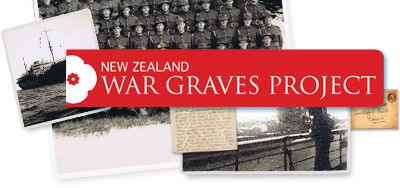First official war casualty dies in Auckland Hospital
Submitted by admin on Thu, 2016-07-07 10:50"Robert Hislop, the Territorial who fell through, the Parnell railway bridge on Thursday night last, fracturing both his thighs, died in the hospital today. The death of Private Robert Hislop, a member of the New Zealand Railway Engineers Corps, is the first serious casualty that has befallen the mobilisation of the Territorials. Deceased, who was a member of the first company of the local railway corps formed here, was on guard duty at the Parnell railway bridge in Auckland, and had only recently been transferred to the northern city from Darfield.
